Acceptance Commitment Therapy
 We officially say ACT as the word “act” and not as the initials A-C-T. There’s a good reason for this. At its core, ACT is a behavioral therapy: it’s about taking action. But it’s not about just any old action. First, it’s about values-guided action. There’s a big existential component to this model: What do you want to stand for in life? What really matters, deep in your heart? What do you want to be remembered for at your funeral? ACT gets you in touch with what really matters in the big picture: your heart’s deepest desires for whom you want to be and what you want to do during your brief time on this planet. You then use these core values to guide, motivate, and inspire behavioral change. Second, it’s about “mindful” action: an action that you take consciously, with full awareness—open to your experience and fully engaged in whatever you’re doing.
We officially say ACT as the word “act” and not as the initials A-C-T. There’s a good reason for this. At its core, ACT is a behavioral therapy: it’s about taking action. But it’s not about just any old action. First, it’s about values-guided action. There’s a big existential component to this model: What do you want to stand for in life? What really matters, deep in your heart? What do you want to be remembered for at your funeral? ACT gets you in touch with what really matters in the big picture: your heart’s deepest desires for whom you want to be and what you want to do during your brief time on this planet. You then use these core values to guide, motivate, and inspire behavioral change. Second, it’s about “mindful” action: an action that you take consciously, with full awareness—open to your experience and fully engaged in whatever you’re doing.
ACT gets its name from one of its core messages: accept what is out of your personal control, and commit to taking action that enriches your life. The aim of ACT is to help us create a rich, full, and meaningful life while accepting the pain that life inevitably brings. ACT does this by:
- teaching us psychological skills to handle painful thoughts and feelings effectively, in such a way that they have much less impact and in uence—these are known as mindfulness skills; and
- helping us to clarify what’s truly important and meaningful to us—that is, clarify our values—and use that knowledge to guide, inspire, and motivate us to set goals and take action that enriches our life.
*Russ Harris, M.D. “ACT Made Simple.”
Nic Showalter, M.A., CAC-III, is trained in and uses ACT extensively in his practice as both a short-term (Brief Therapy) intervention, as well as a long-term intervention. Nic specifically utilizes the concepts of mindfulness, values clarification, fusion/diffusion, and experiential avoidance throughout his clinical interventions with clients struggling with:
- Trauma/Post Traumatic Stress Disorder (PTSD)
- Addiction
- Substance Abuse
- Depression
- Anxiety
- Obsessive Compulsive Disorder (OCD)
- Divorce Counseling
- Sober Support


